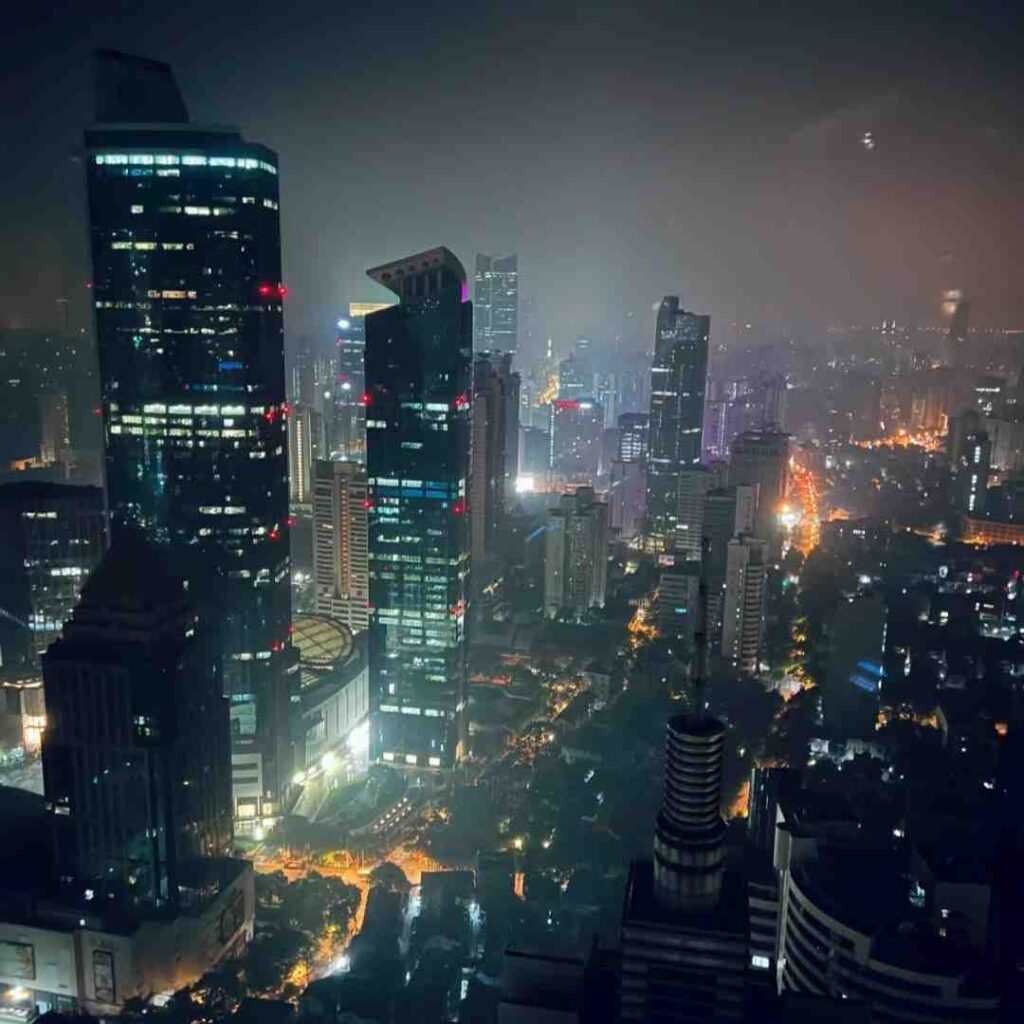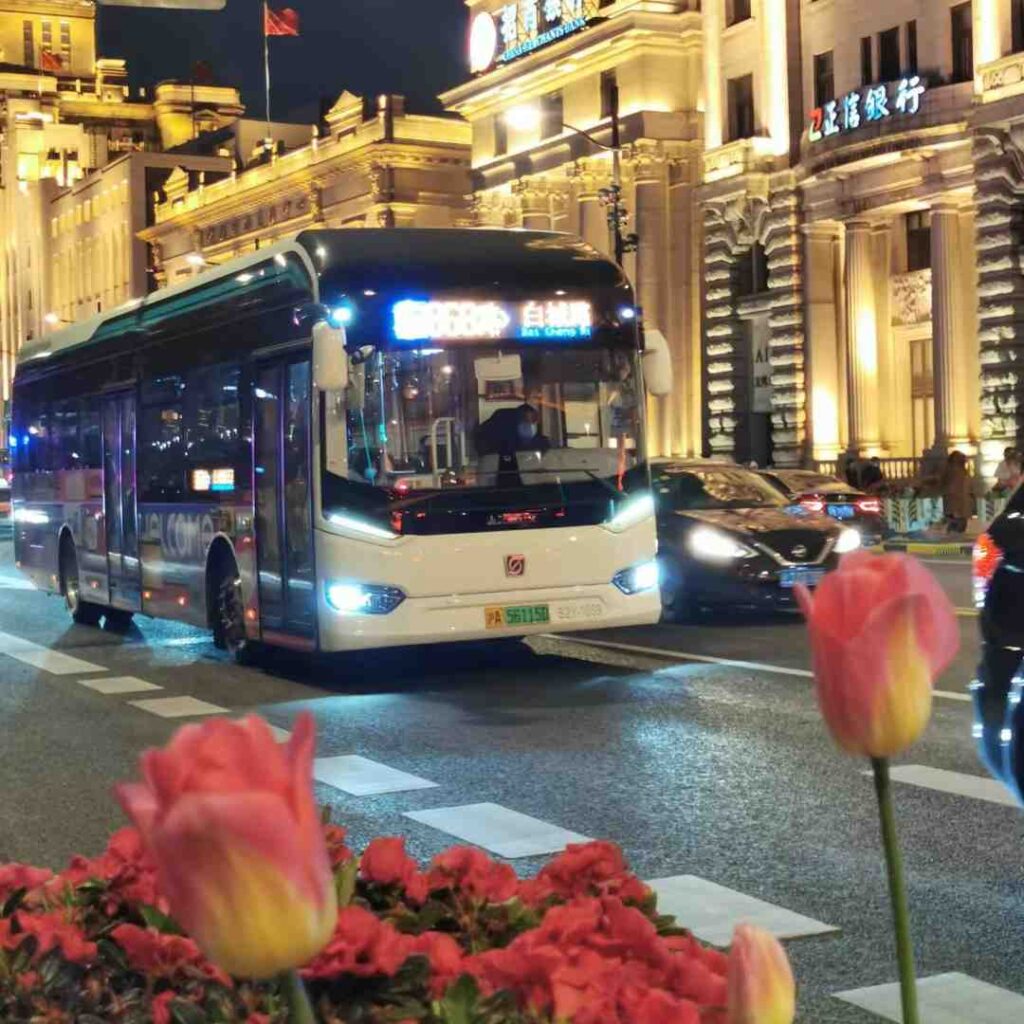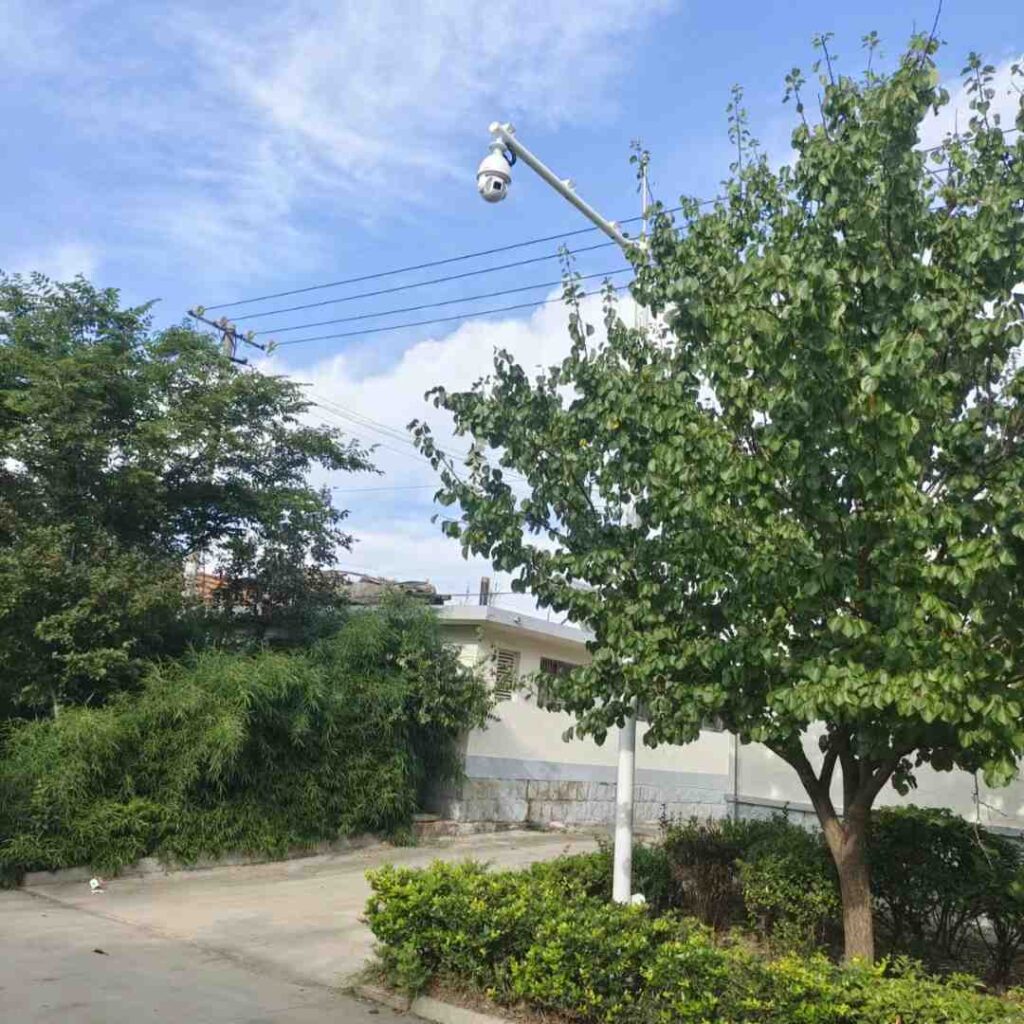Is Shanghai safe for travel? Is it safe for locals and tourists alike?
Navigating the intricacies of Chinese local laws, understanding the role of surveillance, and fostering meaningful interactions with locals are pivotal in ensuring a rewarding and secure travel experience in this dynamic nation.
Let’s delve into the multifaceted aspects of safety and perception that shape the traveler’s journey through China.

Mixed Perceptions and Realities
People’s views of China are polarized and with opinions ranging widely. Some see it as the best country and others criticize travel to the country based on moral grounds. We’re considering both Chinese citizens, highlighting the legal implications of being a Chinese citizen traveling within China, and foreign nationals here.
If one allows himself to monitor local media, understand the safest cities, use common sense, and adhere to local laws, they can increase their chances of enhancing their experience and have a more balanced perspective.
It’s crucial to recognize the role of Chinese authorities in enforcing these regulations and maintaining control over various aspects of daily life. Familiarizing oneself with Chinese law and its restrictions and regulations is an essential part of travel preparation.
Local Laws, Unrestricted Travel, and Misconceptions
Contrary to some Western misconceptions that likened China to North Korea in terms of restrictions, our movement within Shanghai was unrestricted. We were able to film and travel freely without constant supervision, which challenges the narrative that China’s surveillance state completely restricts tourist activities.
It’s crucial to obtain the correct Chinese visa for your visit’s purpose, whether it be for tourism, business, studying, or working, and to ensure compliance with local laws and avoid penalties.
Additionally, foreigners wishing to drive in China must obtain a Chinese driver’s licence, adhering to this regulation to avoid strict penalties, including the possibility of having one’s driver’s licence confiscated on the spot by police officers.
Upon arrival, it’s advisable to check with the local public security bureau for the specific Chinese visa and residency registration requirements, ensuring a smooth and lawful stay.
Hospitality and Local Interactions on the Southern and Eastern Coasts
The local people in Shanghai are warm and friendly. These interactions, from helpful translations by passersby to friendly exchanges in restaurants, enhanced our travel experience and demonstrated a clear distinction between the local laws and people’s everyday attitudes.
Lights in Shanghai and Other Major Cities
One thing I find amazing about China, not just Shanghai, is that you will find light everywhere. If you go to Chongqing, Chengdu, Yunnan, or other major cities in China, you will find lots of light and that definitely makes China stand out, making it very safe since you would hardly find a dark spot in China.

Chinese Government Surveillance and Public Safety
Addressing the extensive surveillance in Shanghai, which also serves purposes related to national security concerns, while it was initially surprising, it did not negatively impact their experience. The public surveillance is not unique to China but is part of urban safety strategies globally.
Public surveillance systems in China and the United States serve similar purposes, such as enhancing public safety, preventing crime, and managing traffic. Additionally, international hotels in Shanghai and other major cities offer added safety and convenience for travelers.
In foreign countries, where there are heightened concerns about endangering national security and rising rates of violent crimes, surveillance practices are often implemented more aggressively, sparking debates about the balance between security and civil liberties.

1. Scale and Scope
China’s surveillance network is one of the most extensive in the world, with millions of cameras installed across the country. The system is integrated into a broader social management framework, often using advanced technologies such as facial recognition on a large scale.
In addition, if you have a physical SIM card from a Chinese company, be aware that the SIM card is subject to Chinese censorship. However, if you follow Chinese law and its restrictions and regulations, there is no problem with the censorship.

In contrast, while the U.S. also employs a substantial number of cameras, the use of facial recognition and other biometric surveillance technologies is more limited and is often subject to more significant public debate and legal challenges.
2. Public Perception and Trust
Public perception of surveillance tends to differ. There is generally high trust in the Chinese government use of surveillance, viewed as a measure for maintaining social order and public good.
In the U.S., public opinion is more divided, with significant concerns about privacy and government overreach. Surveillance measures often face scrutiny both from the public and in courts.
Overall Impressions and Value
I praise the value I found in Shanghai, from affordable and convenient public transportation to reasonably priced food and accommodations. These aspects contributed to a positive travel experience that was both budget-friendly and culturally enriching, contrasting with the often exaggerated negative expectations set by outsiders.
For those opting to navigate the city by taxi, it’s advisable to have destinations written in Chinese characters to communicate effectively with taxi drivers and to be vigilant about overcharging and counterfeit currency to ensure a smooth and fair travel experience.
